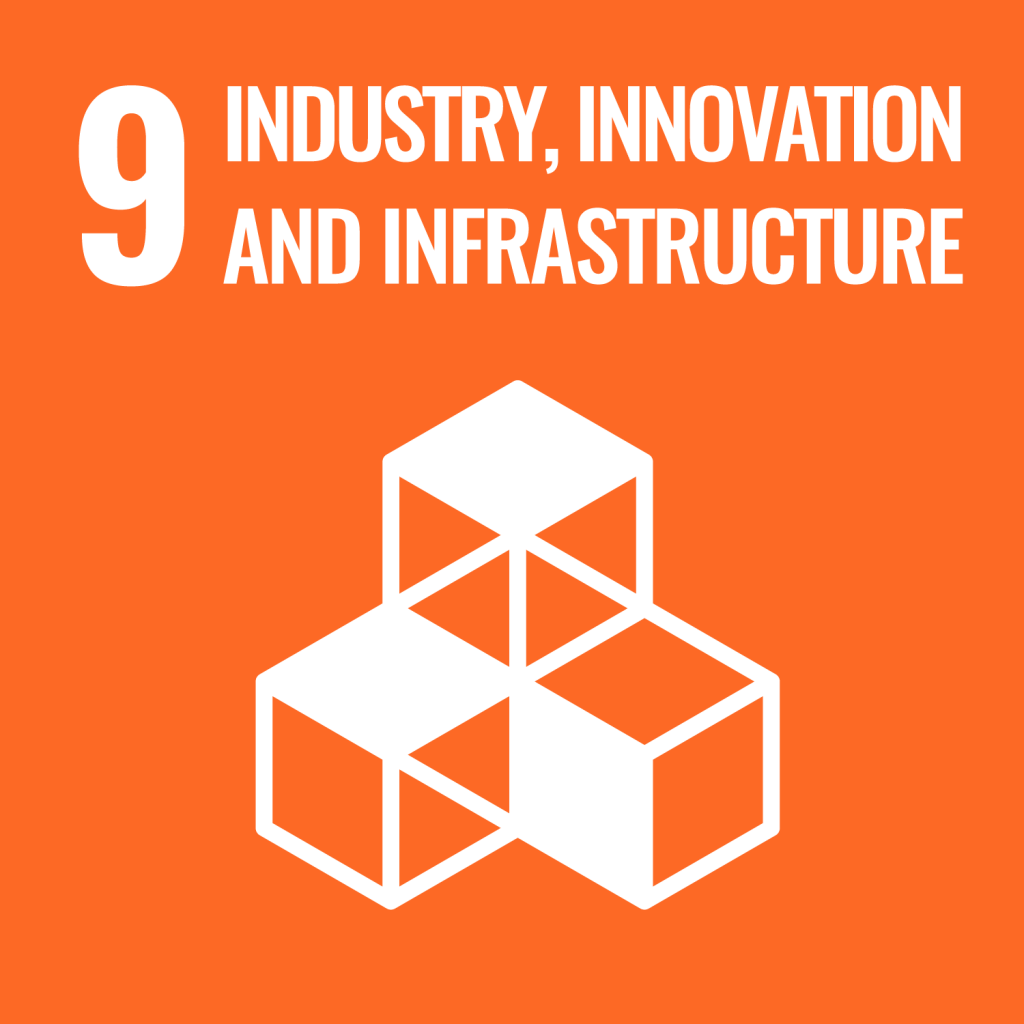Le Prix Clothing
Micro (1-9)
Tertiary
Retail
Lesson
Create a business model centered on trusted expertise and conducting extensive due diligence to ensure business partnerships, products, and store experiences are mission-aligned and unique. Cultivate social value within a local business community to bolster client satisfaction and organically spread the word about unique sustainable shopping experiences.
Background
Le Prix Clothing was founded by Robyn Hobbs in 2012. This second-hand clothing store has curated fashion pieces that are unique on account of the brand, vintage or fabrics. The store has grown its assortment of second-hand and upcycled fashion finds through partnerships with local businesses, such as an upcycler of baby clothes and a clothing start-up at the local University. Le Prix Clothing has become an incubator for smaller local brands without a retail space, by providing store space to pilot the brands’ products. Le Prix began offering sustainable bath and shower products during the COVID-19 pandemic following the self-care trend through a key partnership with a local brand.




Sustainability Story
For new and local brands partnerships (i.e. brands that will be carried in-store), the product sourcing process includes extensive inquiry into product materials or ingredients, production processes, packaging materials, and other aspects of the product’s or brand’s origin. Le Prix’s owner filters out “greenwashed” products and brings in samples of products that meet its sustainability standards to test their performance in-store. This process has led to approximately 12 to 15 brand partnerships, all of which are with female-owned businesses.
In the business’s early days, Le Prix used donated hangers and bags for displaying and packaging products. The owner observed that consumers shopping second-hand still enjoy a traditional shopping experience, including visibly pleasing display and packaging. Le Prix replaced used bags with recycled paper bags for a more pleasing experience. Business cards and clothing tags are now also made of recycled paper. Le Prix calculates weight diverted from landfill by giving clothes another life by tracking the weight of each purchase. At the time of the interview, La Prix estimated it had diverted 2.4 tons of waste through customers purchases.
Le Prix Clothing Practices
| Circular Point for Fashion & Home Goods in Local Market | Employee wellbeing | Foster & Uplift a Community of Future Women & BIPOC Sustainability Leaders |
|---|---|---|
| Products carried in store are second-hand or 100% natural fibres. The business carries out an in-depth research process on suppliers to verify the ethical and environmental impact of brand partnerships, including interviewing brand creators. The business weighs every order to calculate diverted waste from landfill. | Le Prix pays a living wage, offers scheduling flexibility, provides vacation time, maintains regular staff check-ins, uses an online communication platform to keep staff abreast of news, and provides mental health resources. The owner mentors young female staff members and provides informal coaching for women in the community to prepare for job interviews and wage negotiations. The business offers BIPOC (Black, Indigenous or People of Color) organizations an opportunity for business mentorship and leadership training. | Le Prix partners only with local brands that upcycle, provide recycling programs, and/or use only non-toxic or biodegradable inputs. The company has joined local and global social media movements advocating for social or sustainable change in the clothing industry and climate action. They offer temporary space (pop-ups) in store to BIPOC & women-owned brands whose marketplaces closed due to COVID-19 and source stock and decor from local artists. |
Pathway Map
Circular Point for Fashion & Home Goods in Local Market
View the Pathway MapFoster & Uplift a Community of Future Women & BIPOC Sustainability Leaders
View the Pathway MapEnabling Factors for Practices
| Internal to the organization | External to the organization |
|---|---|
| Sole Proprietor: created business with sustainability as a core value and goal. |
Arresting Factors for Practices
| Internal to the organization | External to the organization |
|---|---|
